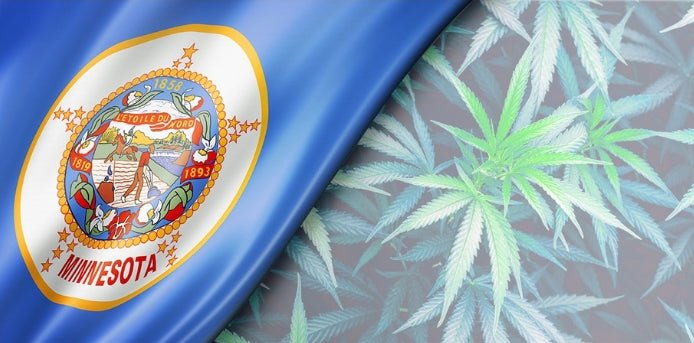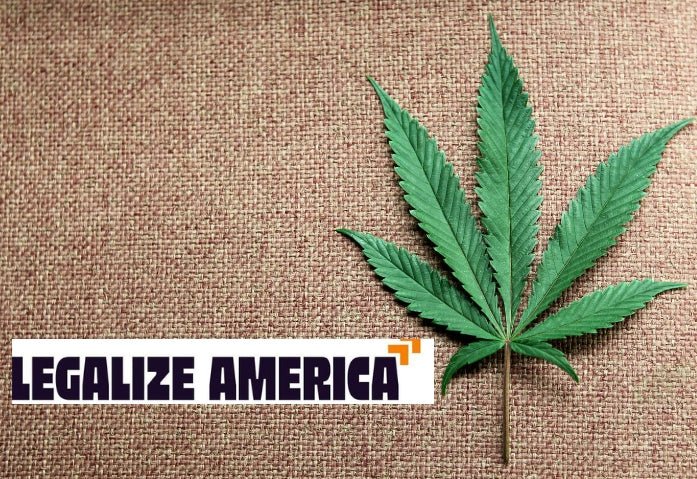The new statute and its highly restrictive language would effectively hand the sector over to marijuana interests in the state.

The battle over the control of the highly coveted CBD industry continues to rage. The latest salvo came courtesy of the Washington state legislature and Governor Jay Inslee. According to HempToday, the state house passed last month, and the governor signed a new law concerning a reclassification of CBD products sold in the state.
Under the law, SB 5367, any CBD products containing even the slightest trace amounts of total THC are now considered "marijuana" and are thus subject to regulation by the Washington State Liquor and Cannabis Board (WSLCB), which means the sale of those items will most likely be limited exclusively to licensed cannabis dispensaries in Washington.
The economic impact of the new law could have far-reaching effects, particularly for the vast array of convenience stores, bodegas, supermarkets and other retail outlets currently stocking CBD products on their shelves.
While specific regulations will not be in place for at least another month or more, once the statute goes into effect, all CBD sales at non-licensed retail outlets will become illegal, requiring those businesses to terminate their supply contracts and quickly liquidate existing inventories. Furthermore, online sales, roughly 40% of the state's entire CBD market, are also expected to be severely impacted.
In a recent blog post summarizing the legislation, attorney Jack Scranton of the Seattle-based Harris Bricken law firm highlighted the darker motivations he believes are behind the passage of the controversial measure. According to Scranton, the highly restrictive changes have less to do with safety concerns and more with old-fashioned greed on the part of Washington's marijuana industry, which successfully lobbied to pass the new law.
Scranton writes, "The insistence by Washington lawmakers that hemp-derived CBD products contain 0.0% of any THC isomer doesn't read like a public health initiative. Rather, it seems like the cannabis lobby successfully using the lawmaking process to recapture a significant part of the CBD industry."
"The insistence by Washington lawmakers that hemp-derived CBD products contain 0.0% of any THC isomer doesn't read like a public health initiative. Rather, it seems like the cannabis lobby successfully using the lawmaking process to recapture a significant part of the CBD industry."
- Attorney Jack Scranton of the Seattle-based Harris Bricken law firm
What makes the timing of the new law even more frustrating for those unlicensed businesses is the fact that the state has a current moratorium on the issuance of new cannabis licenses, meaning, as Scranton observes, "So it is not as if businesses thrown out of compliance by SB 5367 can merely apply for and obtain a cannabis license."
Along with limiting CBD sales to licensed marijuana vendors, the law also:
- Requires sellers to test their products' THC levels and label them with accurate THC amounts.
- Contains revised language defining "THC concentration" to include all forms of THC in CBD products, not just total delta-9 THC, which was the only requirement in the law's previous iteration.
- Updates the meaning of "hemp consumable" products to embrace "any product intended to be consumed or absorbed inside the body by any means including inhalation, ingestion, or insertion, with any detectable amount of THC," including but not limited to hemp cigarettes, CBD extracts and tinctures. If those products contain any THC, they can only be sold by licensed retailers.
It is unclear how the state plans to enforce the new law effectively. With CBD products proliferating in all types of retail establishments across the state, the WSLCB will be hard-pressed to keep track of all businesses with current CBD inventories.
Since the passage of the 2018 Farm Bill, which legalized hemp and its derivative products, states have primarily been on their own when dealing with CBD. Moreover, with the U.S. Food & Drug Administration (FDA) 's declaration of its inability to establish a regulatory framework for CBD until Congress establishes the legality of such products, states like Washington have tried to use a patchwork of legislative band-aids to address the issue of what to do with CBD.
As a result, deep-pocketed Big Marijuana interests across the country have used the lack of action on the part of the FDA and Congress to carve out state-level legislation providing them with lucrative and ethically questionable economic advantages at the expense of many small to medium-sized hemp businesses. This new Washington law is just another example of how much an unregulated market abhors a vacuum.
Hopefully, with the 2023 Farm Bill currently under debate, Congress can finally provide the legal clarity necessary for the FDA to step in and create fair and effective guidelines for CBD and the entire hemp industry. Until then, the "Wild, Wild West" rules will persist.








































